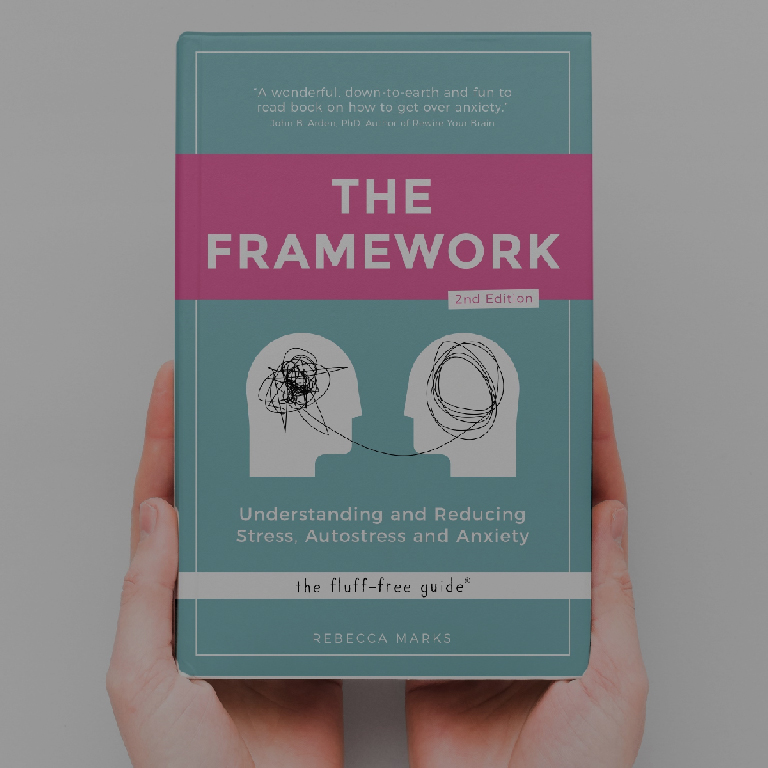Wondering how to get the most out of therapy? Perhaps you’ve gathered up the courage to pick up the phone, an appointment is scheduled, and now you’re wondering what lies ahead. You’ve committed your mind, finances, and time to a stranger in the hopes that you might just feel a little bit better.
Once you’ve found a therapist you feel comfortable with, you’ll have a safe place to explore your inner workings.
So, how might you get the most out of therapy? Here are five top tips to consider.
1. Show Up
To reap the benefits of therapy, you’ll need to consistently show up. With any big life change, there must be intentional investment, consistency, and routine.
Be protective of your scheduled therapy appointment and make it a priority. A friend you rarely speak to or see has the potential to become less and less of a friend over time. A therapist you rarely speak to or see can only do so much as they are not seeing the full you.
2. Challenge Yourself
It might not feel possible to open the door to the room you’ve closed and placed locks upon. Maybe the first session you just stand among the door; and the next you knock, and the next you remove one lock, until a few sessions later your foot goes through.
Eventually you can be fully immersed in that room, with the therapist standing next to you. When you’re challenging yourself, pushing just a bit beyond that which feels possible, results will come.
Leonard Cohen sings, “There is a crack in everything, that’s how the light gets in.” Allow the therapist to join you in the broken places as that will allow light to enter. You might feel like it’s too scary to discuss that certain topic even for one more second. Push yourself and stay there for just 10 more seconds. Maybe you’ll make it to 30 seconds the next time. Over time, that room won’t feel so scary, and you’ll see the light begin to enter.
3. Practice Vulnerability
Therapy is a space to show up as your authentic self, with the extra privacy knowing your therapist cannot share anything outside of a few exceptions (such as there being a risk of safety to yourself or someone else).
This is a place to say all the things you say in your head but are afraid for others to know. Therapists hear many stories, and your story will not surprise them. Uncover those unspoken words, stories, memories. Practice being fully you.
4. Speak Up About What Isn’t Working
The therapy hour and process is for your benefit. Share what’s going well and what’s not going well to give your therapist feedback on the process.
Nodding along with an activity you don’t like or aren’t invested in isn’t helpful for either of you. You won’t hurt their feelings by being honest. They’ll likely celebrate the honest feedback as it’ll allow them to better help you in the destination you’re hoping to get to.
Going along with a therapeutic activity you don’t like is akin to getting in a car for a road trip you didn’t sign up for. You’ll end up at the wrong destination.
5. Develop Yourself Outside of Therapy
Cultivate your mental wellbeing skills outside of the therapy hour. You’re with a therapist one hour a week, maybe one hour every two weeks depending on the schedule. That means you have either 167 hours or 335 hours outside of therapy each week or two that can be utilized to propel or impair your growth.
What are you willing to do outside of therapy to carry forward your growth? Whether you’re given homework or not, you have the ability to develop yourself outside of sessions.
This means developing awareness of your internal world, having insight into unhelpful thoughts, and being willing to actively transform patterns.
Self-help resources can help you do this. Be sure to check out The Mental Wellbeing Toolkit. These tools can help you develop your mental wellbeing skills outside of therapy, accelerating your progress.
Summary
Remember, therapy is for various seasons of life:
- Crisis. Therapy can provide a safe place to access immediate support when you’re in crisis. A therapist can help to safety plan and assist in immediate next steps. They can be a safe haven in the midst of feeling like life is crumbling around you.
- Preventative. Therapy can be preventative. You don’t have to wait until everything is falling apart to seek out support – in fact, it’s a good idea not to. Forming a relationship with a therapist before a crisis means adding to your safety net and creating a buffer of resilience.
- Long-term wellness goals. Therapy can be a space to learn new coping skills, explore your identity, better understand your story, and improve overall health.
To get the most out of therapy, you’ll need to show up, challenge yourself, be vulnerable, speak up, and stay actively engaged in your growth outside of sessions.
Self-Guided Support for Low Mood and Anxiety
Research shows that self-help materials are often enough for people to overcome mild to moderate mental health difficulties without professional support.
If you’re interested in a self-guided program that includes tools from CBT, ACT and more, be sure to check out The Mental Wellbeing Toolkit. It's "like 10 therapy sessions in one."

About Brittany
Brittany Ellmer is a Licensed Mental Health Counselor and Clinical Manager with expertise working with anxiety, depression, and survivors of trauma. Brittany has experience working in settings such as residential treatment, outpatient treatment, private practice, higher education, and in workplace wellbeing spaces. Brittany approaches therapy from a trauma-informed attachment based lens with the belief that our early life experiences shape who we are.Brittany provides individual therapy through her private practice, the Healing Collective Counseling & Consulting PLLC. Learn more about Brittany’s practice here.



